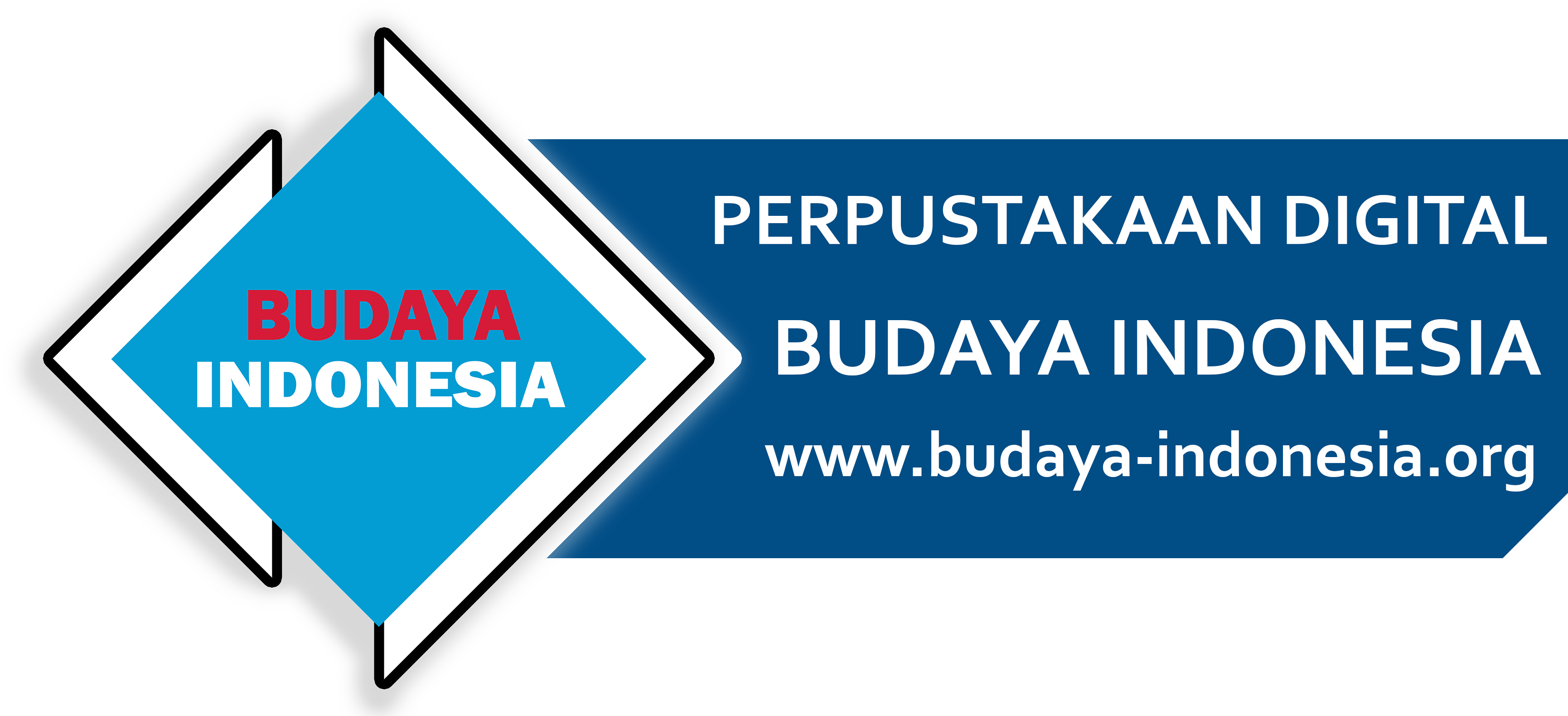Marriage within the Same Clan in Minangkabau Custom: Preserving Identity and Social Harmony
INFOBUDAYA.NET — In the worldview of the Minangkabau people, customs are not merely social rules, but the foundational moral and philosophical pillars of life that remain unshakable. Within this tradition, there is one important principle that serves as the boundary between what is considered sacred and what is considered taboo: the prohibition of marrying within the same clan (kawin sesuku). This prohibition is not just a social norm, but a reflection of the Minangkabau worldview that values order, kinship, and the continuity of ancestral values. In Minangkabau’s matrilineal society, where lineage is traced through the mother, individuals from the same clan are considered to share a common ancestor. As a result, marrying within the same clan is seen as akin to reuniting blood that has been separated by time—a symbolic violation of the kinship structure and social harmony that is sacred.
There is a reason behind the Minangkabau people’s view on same-clan marriages. In religion like Islam, for instance, marriage between people from the same clan is not forbidden, as long as there is no direct blood relationship within the prohibited degrees of marriage. However, Minangkabau customs opt for a wise approach to prevent potential negative consequences. This is not about rejecting religious teachings, but about preserving a social order that has proven to maintain harmony and clarity of lineage. Marrying within the same clan is believed to narrow social interaction, complicate the identification of relationships like ninik mamak (uncles), bako (cousins), and sumando (son-in-law), and could have psychological and moral consequences for children born from such marriages. In some cases, the community imposes severe social sanctions on those who violate this custom—from being ostracized to being excluded from social circles, and even undergoing symbolic rituals such as washing their seats in clan gatherings as a sign of collective rejection.
A same-clan marriage is also thought to potentially bring material losses. Individuals involved in such marriages may lose their inheritance rights and may not be recognized as part of the extended family. To restore honor and be accepted back into the community, the couple must undergo a demanding customary process, which includes hosting a grand feast, slaughtering a buffalo or cow, and symbolically ‘bowing’ or apologizing to all clan members in a sacred customary gathering. This shows that violating the customs is not just a personal mistake, but a wound to the social fabric and collective values that are held with great respect.
However, the philosophy behind this prohibition goes deeper than just sanctions. It is closely tied to the value of malu (shame) as an adat value, collective dignity, and the effort to maintain healthy descendants both physically, socially, and spiritually. In Minangkabau culture, the extended family is not merely a blood unit but a place for the education of values, mutual respect, and solidarity. If relationships within a clan are disrupted by internal marriages, the balance that has long served as the pillar of society may be lost. Disrupting the system of ninik mamak—customary leaders who play a central role in managing various affairs such as marriage, inheritance, and social conflict—could lead to greater social chaos.
Nevertheless, there are variations in the application of this prohibition. For example, in Nagari Koto Tangah, Agam Regency, there is an exception to the same-clan marriage rule, as long as the couple comes from different Nagari (villages). This shows that Minangkabau customs, while deeply rooted in tradition, are not a rigid system. They can adapt to local contexts without losing their philosophical essence: maintaining dignity, order, and cultural continuity. This difference opens space for deeper reflection—that customs are not meant to constrain but to guide, and that behind every prohibition lies wisdom born from a long collective experience.
In a world that is constantly changing, the temptation to loosen cultural values is strong. However, it is precisely amid globalization that philosophical legacies like the prohibition of same-clan marriages become the anchor of identity. They teach that not everything permissible in religion is necessarily good for social life, and that customs are not in opposition to religion but are the fences that protect life’s dignity. Marrying within the same clan, in this context, is not just a breach of custom, but a failure to understand that every personal action is also tied to social and spiritual responsibilities to ancestors and future generations.
Read also:




Tidak Ada Komentar